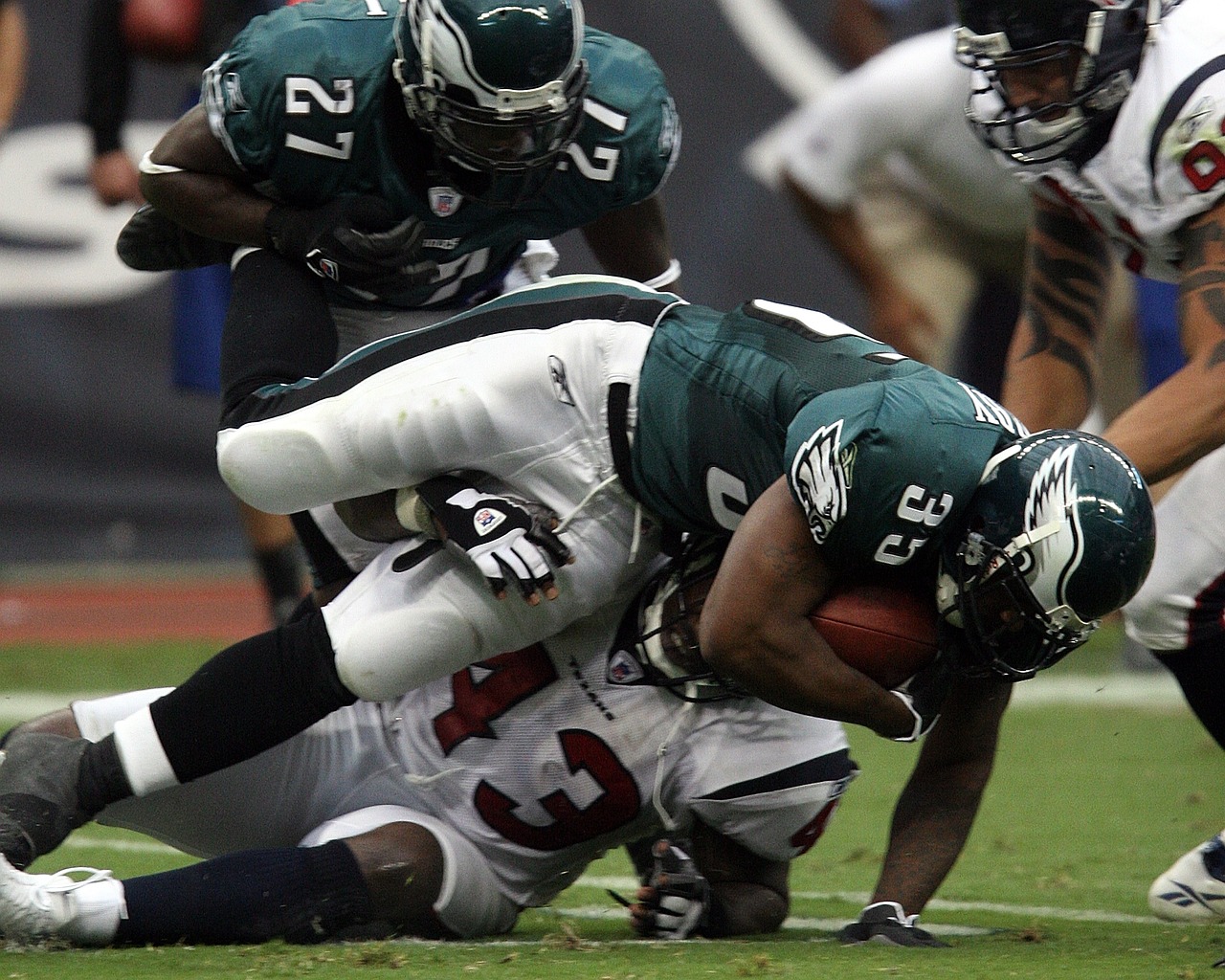
Introduction:
In the ever-evolving landscape of professional sports, the National Football League (NFL) has witnessed a groundbreaking transformation in recent years thanks to the integration of artificial intelligence (AI) into predictive analytics. AI algorithms have become the game-changer in forecasting outcomes, player performance, and even strategic decisions. This marriage of cutting-edge technology and the world of football has not only captivated fans but has also altered the way teams approach the game.
The Rise of NFL AI Predictions:
Traditionally, predicting the outcome of NFL games relied on a combination of expert analysis, historical data, and intuition. However, the advent of AI has elevated the accuracy and efficiency of predictions to unprecedented levels. AI systems can process vast amounts of data in real-time, enabling them to identify patterns, trends, and correlations that may elude human analysts.
Teams across the league have embraced AI as a valuable tool for gaining a competitive edge. From injury forecasts to player performance predictions, AI has become an integral part of the decision-making process for coaches and front-office personnel. The ability to harness the power of machine learning algorithms has allowed teams to make more informed choices, leading to improved game strategies and overall team performance.
Player Performance Analysis:
One of the most impactful applications of AI in the NFL is player performance analysis. AI algorithms can scrutinize a player’s past performances, evaluating statistics such as completion percentage, yards gained, and touchdown-to-interception ratios. By considering not only the quantifiable metrics but also qualitative aspects like playing conditions and opponent strengths, AI models generate predictions about individual player performances.
These predictions extend beyond just basic statistics, delving into more nuanced aspects of player behavior on the field. For example, AI can predict a quarterback’s decision-making under pressure or a running back’s ability to evade tackles. This granular level of analysis enables teams to tailor their game plans, making strategic adjustments based on the predicted strengths and weaknesses of both their own players and their opponents.
Injury Prediction and Prevention:
Injuries are an inevitable part of any contact sport, and in the NFL, they can have a profound impact on a team’s season. AI has emerged as a crucial tool in predicting and preventing injuries, offering teams insights into the physical condition of their players. By analyzing data such as player movements, training loads, and recovery patterns, AI algorithms can identify potential injury risks before they escalate.
Teams are now using wearable technology equipped with sensors to collect real-time data on players’ physical exertion and biomechanics. AI processes this data to create injury risk profiles for each player, allowing teams to implement personalized training regimens and rest schedules. The aim is not only to reduce the occurrence of injuries but also to enhance overall player performance and longevity.
Game Strategy Optimization:
AI is not limited to predicting player performances; it also plays a pivotal role in optimizing game strategies. Coaches can leverage AI-generated insights to make informed decisions on play calling, clock management, and even fourth-down conversions. Machine learning models consider a multitude of variables, including game context, opponent tendencies, and historical data, to recommend strategic moves that increase a team’s chances of success.








